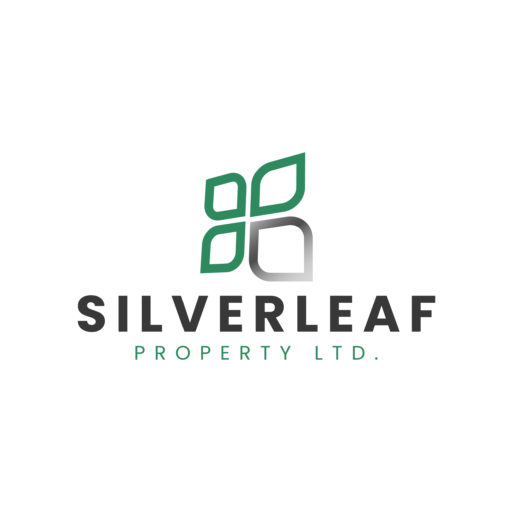As a landlord in Saskatchewan, navigating the complexities of tenant rights can be challenging but is crucial to maintaining a positive relationship with your tenants and ensuring compliance with local laws. This guide aims to help property owners understand the fundamental rights of tenants and the responsibilities that landlords must uphold.
The Importance of Knowing Tenant Rights
Understanding tenant rights is not only about legal compliance but also about fostering trust and reliability between landlords and tenants. This can lead to longer tenancies, fewer disputes, and a more harmonious rental environment.
1. Lease Agreements and Security Deposits
In Saskatchewan, lease agreements should be clear and comprehensive. They must outline the terms of the tenancy, including rent amount, due dates, and any conditions or rules regarding the use of the property. Both parties must agree to these terms and sign the lease before the tenancy begins.
Security deposits in Saskatchewan are regulated and cannot exceed one month’s rent for unfurnished properties and one and a half month’s rent for furnished ones. Landlords are required to deposit these funds into an interest-bearing account and return them within seven days of the lease’s termination, minus any costs for damages beyond normal wear and tear.
2. Right to Quiet Enjoyment
All tenants in Saskatchewan have the right to quiet enjoyment. This includes the right to privacy, freedom from unreasonable disturbances, and exclusive possession of the property. Landlords must ensure they do not violate these rights; hence, they should schedule maintenance and inspections at reasonable times and provide adequate notice, typically 24 hours.
3. Maintenance and Repairs
Landlords are responsible for maintaining the property in a habitable condition. This responsibility includes ensuring that heating systems, plumbing, and electrical systems are functioning properly and that the building’s structural integrity is maintained. Tenants have the right to request repairs and expect them to be carried out in a timely manner. Failure to do so can lead landlords to potential claims for rent abatements or even legal action.
4. Health and Safety Standards
Properties must adhere to health and safety standards as per Saskatchewan’s regulations. This includes ensuring that all appliances provided are safe to use, that fire safety measures are in place and functional, and that the property is free from pests. If a property is found to be in violation of these standards, tenants may have the right to break their lease without penalty.
5. Anti-Discrimination Laws
It is illegal in Saskatchewan to refuse to rent to a person based on their race, nationality, religion, sex, age, sexual orientation, family status, or disability. Landlords must ensure their tenant selection process is fair and non-discriminatory. This also extends to advertising rental properties; for instance, ads should not suggest any preference, limitation, or discrimination.
6. Eviction Rules
Evicting a tenant in Saskatchewan requires a legal process and must be done for valid reasons such as non-payment of rent, damage to the property, or breach of the lease agreement. Landlords must provide written notice to the tenant, the length of which varies depending on the eviction cause. For example, non-payment of rent typically requires a notice period of one month.
7. Tenant’s Privacy
Landlords must respect a tenant’s privacy. This means that entering the rented premises without prior notice or consent is typically not allowed unless there’s an emergency or it has been agreed upon for repairs or inspections. The standard notice period for entry is 24 hours.
Conclusion
Being a landlord in Saskatchewan comes with responsibilities, but understanding and respecting tenant rights can lead to smoother management of your rental properties. By ensuring you adhere to the provincial laws and treat your tenants with fairness and respect, you build a solid foundation for your property management endeavors.
This guide outlines just the basics, and laws can change. It’s always a good idea to consult with a legal expert or look into the most recent guidelines provided by the Saskatchewan government to stay updated on your duties and rights as a landlord. This proactive approach not only helps in complying with the law but also enhances your reputation as a trustworthy landlord.








